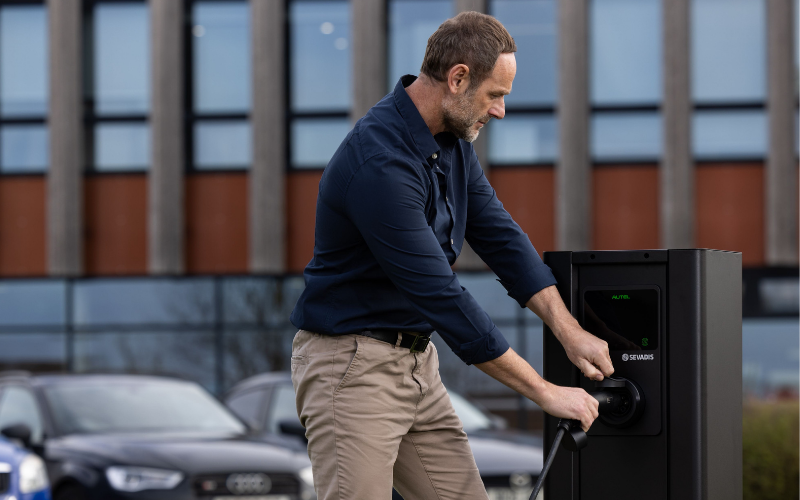
Charging Your Car at Work: Is It Considered a Benefit in Kind?
As the adoption of electric vehicles (EVs) continues to grow, one common concern among EV owners is the accessibility of charging infrastructure. Many individuals rely on public charging stations, but an alternative option gaining popularity is charging at the workplace. However, the question arises: Is charging your car at work considered a benefit in kind? In this blog post, we will explore the concept of a benefit in kind, its implications for workplace EV charging, and how it is treated in the United Kingdom.
A benefit in kind (BIK) refers to any non-cash perk or benefit that an employee receives from their employer, in addition to their salary. It includes goods, services, or assets provided for personal use, which are not essential for the performance of the job. BIK is subject to taxation, as it is seen as a form of income.
The treatment of workplace EV charging as a benefit in kind depends on several factors, including the policy of the employer, the availability of charging infrastructure, and the specific circumstances of the charging arrangement. Here are some key points to consider:
- Employer Provision: If an employer provides workplace charging infrastructure to employees free of charge, the value of this benefit is generally considered a taxable benefit in kind. The employer may be required to report this to Her Majesty’s Revenue and Customs (HMRC) and include it in the employee’s taxable income.
- Private Use Considerations: To determine whether workplace EV charging constitutes a benefit in kind, HMRC considers whether the charging facility is used exclusively for business purposes or if it is also available for personal use. If charging is available only during working hours and solely for business purposes, it may not be considered a taxable benefit.
- Charging Costs: The cost of electricity consumed for workplace charging can also impact the tax treatment. If the employer pays for the electricity used, it may be considered an additional taxable benefit. However, if the employee covers the charging costs, it is less likely to be subject to taxation.
- Home-to-Work Charging: It’s worth noting that if an employee charges their electric vehicle at their workplace for the purpose of commuting from home to work, it may be treated differently than charging during working hours for business-related trips. HMRC guidance suggests that home-to-work charging is more likely to be regarded as a taxable benefit.
The taxation of workplace EV charging as a benefit in kind can be complex, as it depends on various factors specific to each situation. It is recommended that employees consult HMRC guidelines or seek professional advice to understand the tax implications of their workplace charging arrangements.
Employers should also establish clear policies and communicate them to employees regarding the taxation of workplace EV charging. They should consult with HR or tax advisors to determine the most appropriate approach based on their specific circumstances.
If you are a workplace that is thinking about installing EV chargers, take a look at our dedicated webpage for EV Chargers for Business which provides information about the range of chargers we offer that could work for your business


